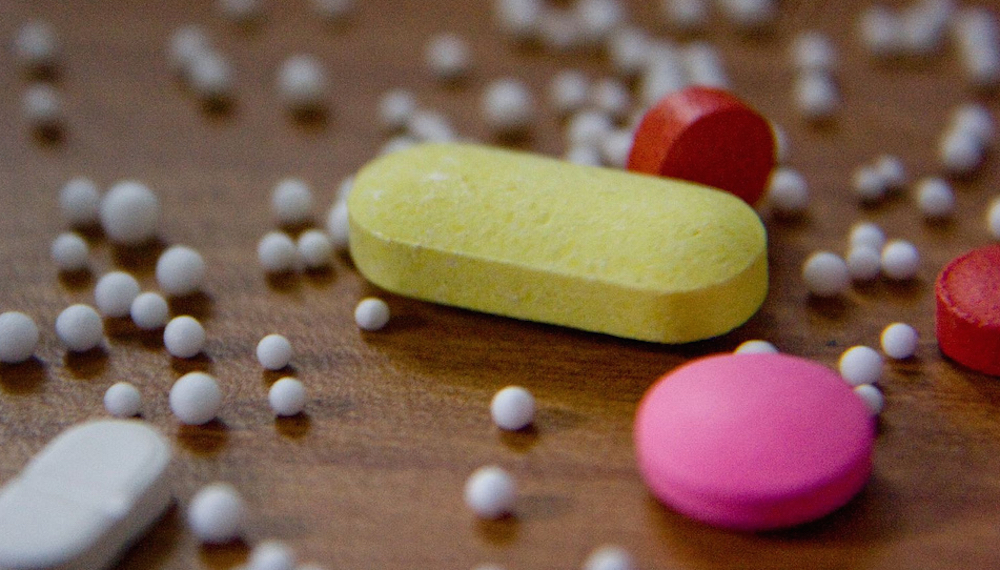The winners of the Bill & Melinda Gates Foundation Global Grand Challenges Round 16 were announced recently. Among the challenge topics included in this round of competition was Novel Approaches to Characterizing and Tracking the Global Burden of Antimicrobial Resistance.
The Gates Foundation made six awards in this topic area:
Christopher Mason of Cornell University (USA) will generate a global map of antimicrobial resistance by using biochemical and computational methods on available samples taken monthly over one year from 24 developed and developing cities across six continents.
Timothy Julian of the Swiss Federal Institute of Aquatic Science and Technology (EAWAG, Switzerland) will develop a low-cost approach to monitor the development of resistance to antibiotics.
Francisco Diéguez from Disal (Chile) will determine whether samples collected from portable toilets found across Pacific coastal regions in South America can be used to monitor pathogenic diseases and antibiotic resistance.
William Hanage from the Harvard School of Public Health (USA) will develop an approach to better monitor the evolution and spread of microbial resistance to antibiotics.
Tim Inglis from the University of Western Australia will develop a screening test that can be used in remote and low-resource settings to detect antibiotic resistance and ensure the right antibiotics can be prescribed.
Paul Mayer at the University of Ottawa (Canada) will test whether a portable infrared (FTIR) spectrometer can detect fake or substandard medicines such as antibiotics in resource-poor settings.
I look forward to seeing the results from these inspiring projects.
